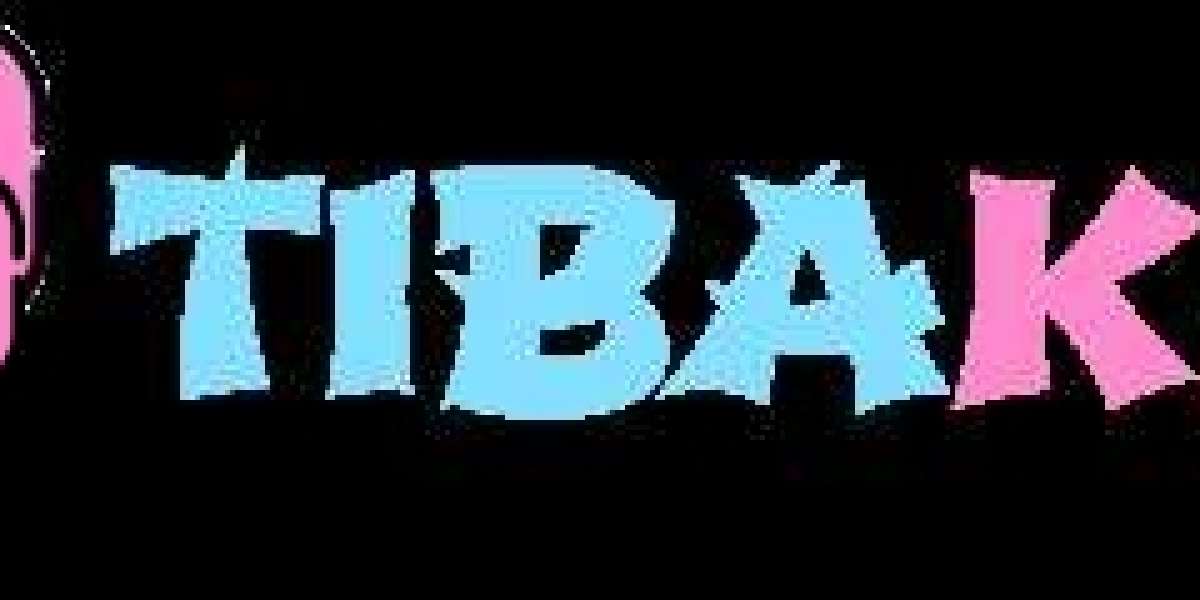The transition from traditional classroom settings to online platforms has fundamentally reshaped the educational landscape, particularly in the administration and completion of assignments. This significant shift, driven by technological advancements and evolving pedagogical theories, marks a departure from the conventional practices of physical handouts and in-person submissions. Initially, take my online nursing class assignments were managed through handwritten papers or simple email attachments, marking the early stages of digital integration in education. However, the development and adoption of sophisticated Learning Management Systems (LMS) such as Moodle, Blackboard, and Canvas have revolutionized assignment management, introducing a range of functionalities that facilitate a more organized and interactive approach to coursework.
The advent of Learning Management Systems (LMS) represented a major leap forward in the evolution of online class assignments. These platforms have provided educators and students with tools to manage coursework more efficiently. For instance, LMS platforms enable instructors to create and distribute assignments, track student progress, and provide feedback within a centralized system. Students, in turn, can submit their work, access resources, and interact with peers and instructors in a streamlined, digital environment. This shift has not only simplified the logistical aspects of assignment management but has also introduced new possibilities for engagement and collaboration.
Technological advancements have played a crucial role in this evolution. Cloud storage and online collaboration tools, such as Google Drive and Microsoft OneDrive, have enabled students to access and share their work seamlessly, irrespective of their physical location. These tools facilitate real-time collaboration, allowing multiple users to work on a document simultaneously, which is particularly useful for group projects and peer reviews. Additionally, the integration of multimedia elements, such as videos, interactive quizzes, online class assignment and online forums, has enriched the learning experience, making assignments more engaging and comprehensive. For instance, instructors can create interactive quizzes that provide instant feedback, or incorporate video content that enhances understanding of complex concepts.
This technological shift has also influenced teaching strategies, with a growing emphasis on student-centered learning and personalized feedback. Online platforms offer a range of learning resources that cater to different learning styles and needs, from text-based materials and instructional videos to interactive simulations and discussion boards. This diversity of resources allows educators to tailor assignments to the individual needs of students, fostering a more flexible and personalized educational experience. Moreover, online tools enable instructors to provide timely and constructive feedback, which is crucial for student development and learning.
However, the transition to online class assignments has not been without its challenges. One significant challenge is the need for self-discipline among students. The flexibility and autonomy offered by online learning environments can sometimes lead to procrastination and difficulties in maintaining a structured study routine. Without the physical presence of a classroom and face-to-face interactions with instructors and peers, some students may struggle with motivation and time management. Additionally, nhs fpx 4000 assessment 2 the online environment presents technical issues, such as connectivity problems and software glitches, which can hinder the completion and submission of assignments.
Another challenge is the digital divide, which remains a significant concern. Not all students have equal access to the necessary technology and internet connectivity required for online learning. This disparity can create inequities in the learning experience, with some students facing difficulties in accessing online resources or participating in virtual classes. Addressing this issue requires targeted efforts to ensure that all students have the necessary tools and support to succeed in an online learning environment.
Educators also face their own set of challenges in adapting to online teaching and assignment management. The integration of new technologies requires time and effort to learn and implement effectively. Instructors must navigate various digital tools and platforms, which can be overwhelming and time-consuming. Moreover, maintaining student engagement in an online environment presents its own challenges. Without the physical presence of a classroom, nurs fpx 4020 assessment 2instructors must find innovative ways to capture and sustain students' attention and participation. This may involve incorporating interactive elements into assignments, using multimedia content, and fostering online discussions and collaboration.
The increased workload associated with online teaching is another challenge faced by educators. Grading assignments, providing feedback, and managing online interactions can be more time-consuming in a digital environment. Instructors may also need to address a higher volume of technical support issues, as students encounter problems with technology or require assistance with online tools. Balancing these demands with other responsibilities can be a significant challenge for educators.
Looking to the future, the evolution of online class assignments is likely to be influenced by emerging technologies and evolving pedagogical theories. Innovations such as artificial intelligence (AI), virtual reality (VR), and advanced data analytics have the potential to further transform assignment design, execution, and assessment. For example, AI can be used to create adaptive learning systems that personalize assignments based on individual student performance and learning preferences. Virtual reality can offer immersive learning experiences, allowing students to explore complex concepts and scenarios in a virtual environment. Advanced data analytics can provide valuable insights into student performance and engagement, enabling educators to make data-driven decisions and improve instructional strategies.
As educational institutions continue to explore these advancements, it is crucial to address both their benefits and challenges to ensure that online education remains effective and equitable. The integration of new technologies must be accompanied by efforts to support students and educators in navigating the digital landscape. This includes providing training and resources to help educators effectively use online tools, as well as addressing issues related to access and equity for students. By carefully considering the implications of emerging technologies and implementing strategies to support their effective use, educational institutions can enhance the online learning experience and ensure that it meets the needs of all students.
In conclusion, the evolution of online class assignments represents a significant transformation in the educational landscape. The shift from traditional methods to digital platforms has introduced new possibilities for engagement, collaboration, and personalized learning. However, nurs fpx 4050 assessment 1 this transition also presents challenges that must be addressed to ensure that online education remains effective and equitable. As technology continues to advance, it is essential to carefully consider the implications of these developments and implement strategies to support both students and educators in navigating the online learning environment. By doing so, we can ensure that the benefits of online class assignments are realized and that the educational experience is enhanced for all learners.






